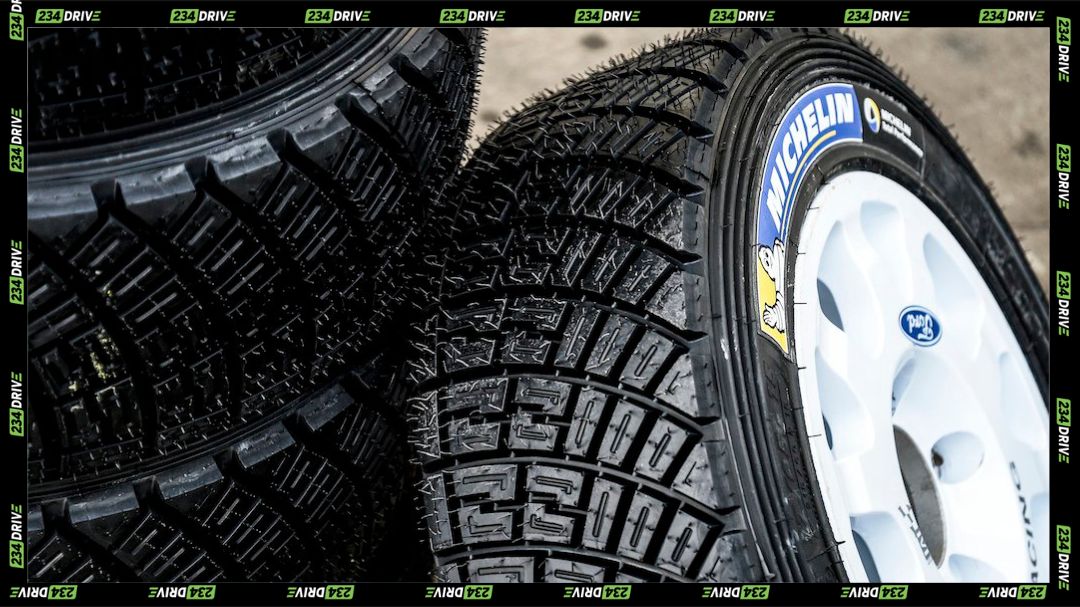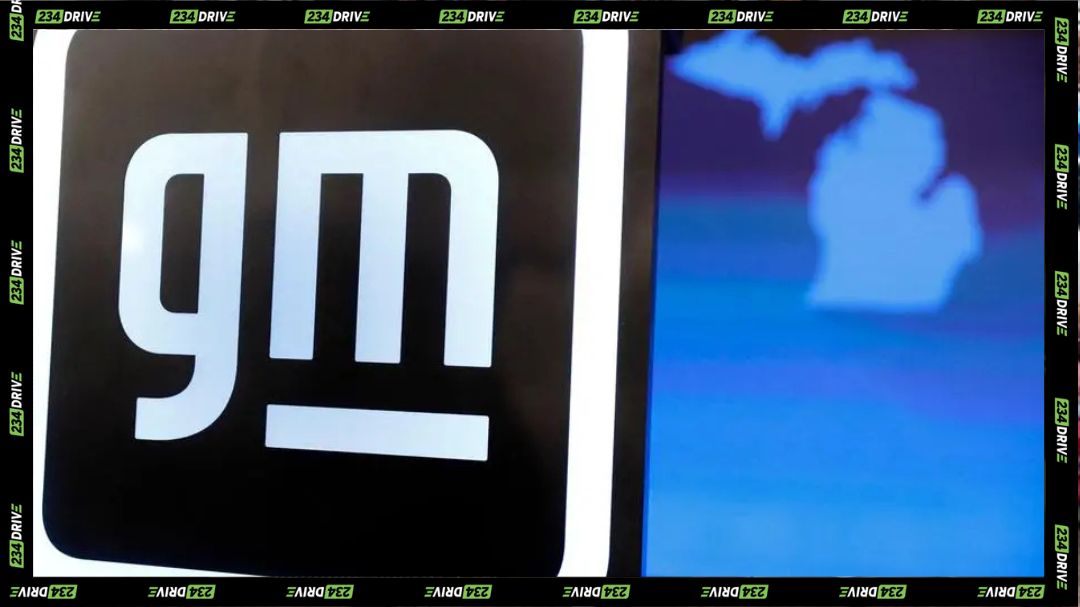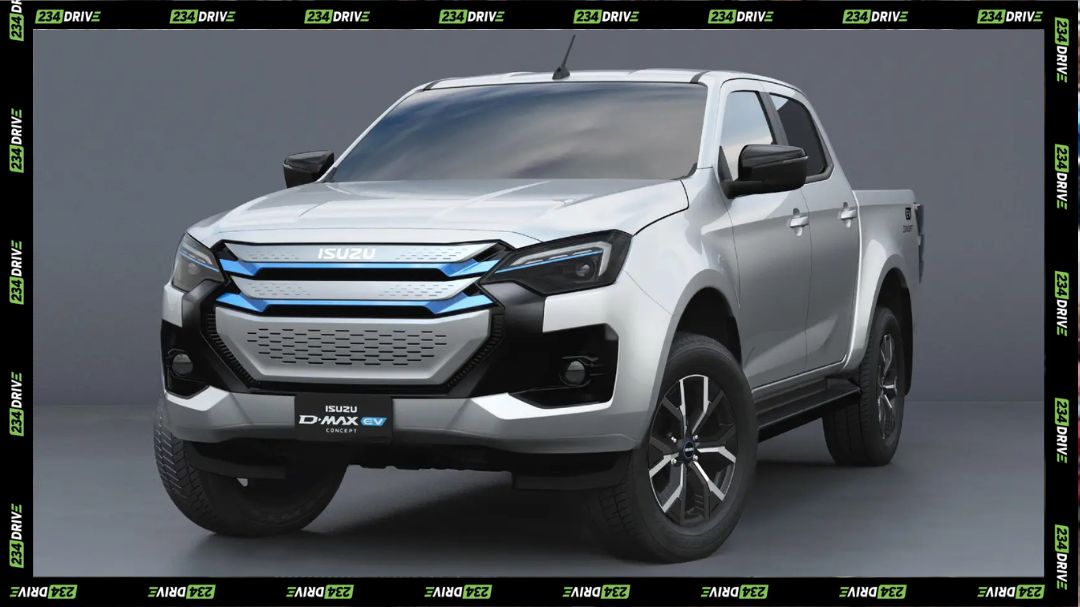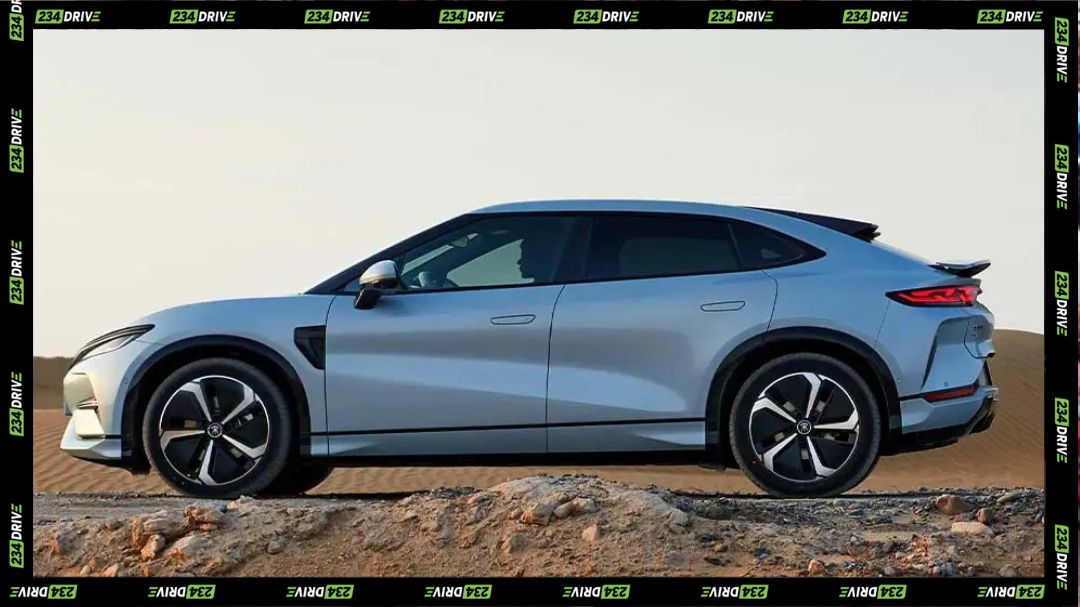Michelin has officially confirmed its return to the Nigerian market after nearly two decades, marking one of the most significant brand re-entries into the country’s manufacturing landscape in recent years. Announced between October 13 and 15, 2025, the move underscores the French tyre giant’s renewed confidence in Nigeria’s growing automotive sector, valued at about $820 million in 2025 and projected to exceed $1.12 billion by 2030. However, this comeback does not include plans to reopen its former Port Harcourt plant — closed in 2007 — but instead focuses on strengthening brand visibility, direct sales, and local staffing.
The return was confirmed by Amaury Vadon, Managing Director for Michelin Sub-Saharan Africa, who detailed the company’s strategy to establish a fully owned agency in Lagos’ Victoria Island. The new structure prioritises customer engagement, sustainability initiatives, and regional distribution through new partnerships in Abuja and Port Harcourt. By deploying direct staff to manage sales and technical support, Michelin aims to shorten delivery timelines, improve after-sales services, and reconnect with a market that has long relied on imported tyres.
Michelin’s original exit from Nigeria in 2007 stemmed from years of economic volatility, inadequate infrastructure, and a surge of cheaper Asian imports that flooded the market. The Port Harcourt factory closure resulted in about 1,300 job losses, not the 2,000 often cited, and cost the company billions in write-downs. At the time, Nigeria’s domestic tyre industry collapsed under import dominance, with 90% of tyres becoming foreign-made by 2008. Dunlop also exited the same year, leaving a gap in the premium tyre market that persists today.

Now, with the economy stabilising and infrastructure projects expanding, Michelin’s return reflects a cautious bet on growth. Vadon described the move as a “strategic reinvestment in people, profit, and planet,” positioning the company to benefit from reforms encouraging foreign investment and local participation. Rather than large-scale manufacturing, Michelin’s comeback will leverage its global logistics and R&D strengths to deliver advanced products — including eco-friendly and EV-compatible tyres — into Nigeria’s fast-evolving market.
Nigeria’s tyre demand continues to climb, driven by a growing 40-million-vehicle fleet, expanding road networks, and urban mobility trends. Premium tyre segments, particularly for SUVs and heavy-duty vehicles, are seeing steady growth despite economic pressures. Yet, 80% of buyers still opt for budget or used tyres — a sector that remains largely unregulated despite the government’s 2007 import ban. Michelin’s current plan includes customer education on tyre safety, longevity, and fuel efficiency to counter the prevalence of unsafe, low-cost alternatives.
To reinforce its sustainability commitment, Michelin will launch tyre recycling tests in Lagos starting October 2025. These trials aim to convert old tyres into industrial materials and consumer products, in line with the company’s global circular economy initiatives. Michelin invests around €1.2 billion annually in R&D, much of which focuses on sustainable materials and electric vehicle technologies. While no Nigeria-specific EV manufacturing plans were confirmed, the recycling effort signals a long-term environmental stake in the market.
Although unverified social media claims referenced a ₦10 billion investment, no official figures were announced. Employment gains will stem mainly from direct staffing and partnerships across Lagos, Abuja, and Port Harcourt. Analysts expect ripple effects in logistics, distribution, and tyre service sectors, though job creation will not match the 1,300 lost in 2007. The company’s local agency structure could still generate several hundred roles, particularly as Michelin expands regional training for mechanics and distributors.
For Nigeria’s informal sector — especially vulcanisers and used-tyre dealers — Michelin’s presence may indirectly stimulate demand for new tyre services and recycling programmes. However, adoption will hinge on affordability, as most consumers still prioritise price over performance. Industry experts suggest government incentives and stricter import controls could support premium tyre adoption and create safer driving conditions.
The announcement sparked widespread discussion on X (formerly Twitter). Many users hailed Michelin’s return as a sign of renewed investor confidence, calling for similar moves by companies like Dunlop. Some linked it to government efforts to stabilise the naira and incentivise industrial returnees. Others urged local manufacturing incentives to ensure foreign firms contribute to long-term job creation. Across major media outlets — from TechCabal to PM News — the narrative remained consistent: Michelin is back, but production remains off the table for now.
Data from industry reports project that Nigeria’s tyre market will continue expanding at a compound annual growth rate (CAGR) of about 6.4% through 2030. Infrastructure upgrades, growing middle-class vehicle ownership, and enforcement of quality standards are expected to drive premium tyre demand. The challenge remains the informal sector, where cheap and worn-out imports dominate. Michelin’s educational outreach and recycling campaigns may begin shifting perceptions, but large-scale change will take time.
- The overall tyre market is valued at around $820 million in 2025 and projected to hit $1.12 billion by 2030, driven by vehicle growth and road expansion but dominated by used tyre imports.
- Passenger car tyres represent over $500 million of the market, growing due to urban mobility and SUV demand, though price sensitivity remains high.
- Off-road and heavy-duty tyre demand is rising across agriculture and construction, yet safety enforcement and recycling systems remain weak.
Michelin’s re-entry signals renewed optimism for Nigeria’s industrial and automotive sectors. The company’s focus on sustainability, education, and direct engagement reflects a modern approach to rebuilding presence without the heavy cost of manufacturing. While some may view this as a half measure, it fits a broader pattern: foreign brands testing the market before committing to full-scale investment. If reforms hold and consumer behaviour shifts toward safety and quality, Michelin’s slow-and-steady strategy could pay off — marking a turning point for Nigeria’s tyre industry and a model for cautious reinvestment across Africa.









